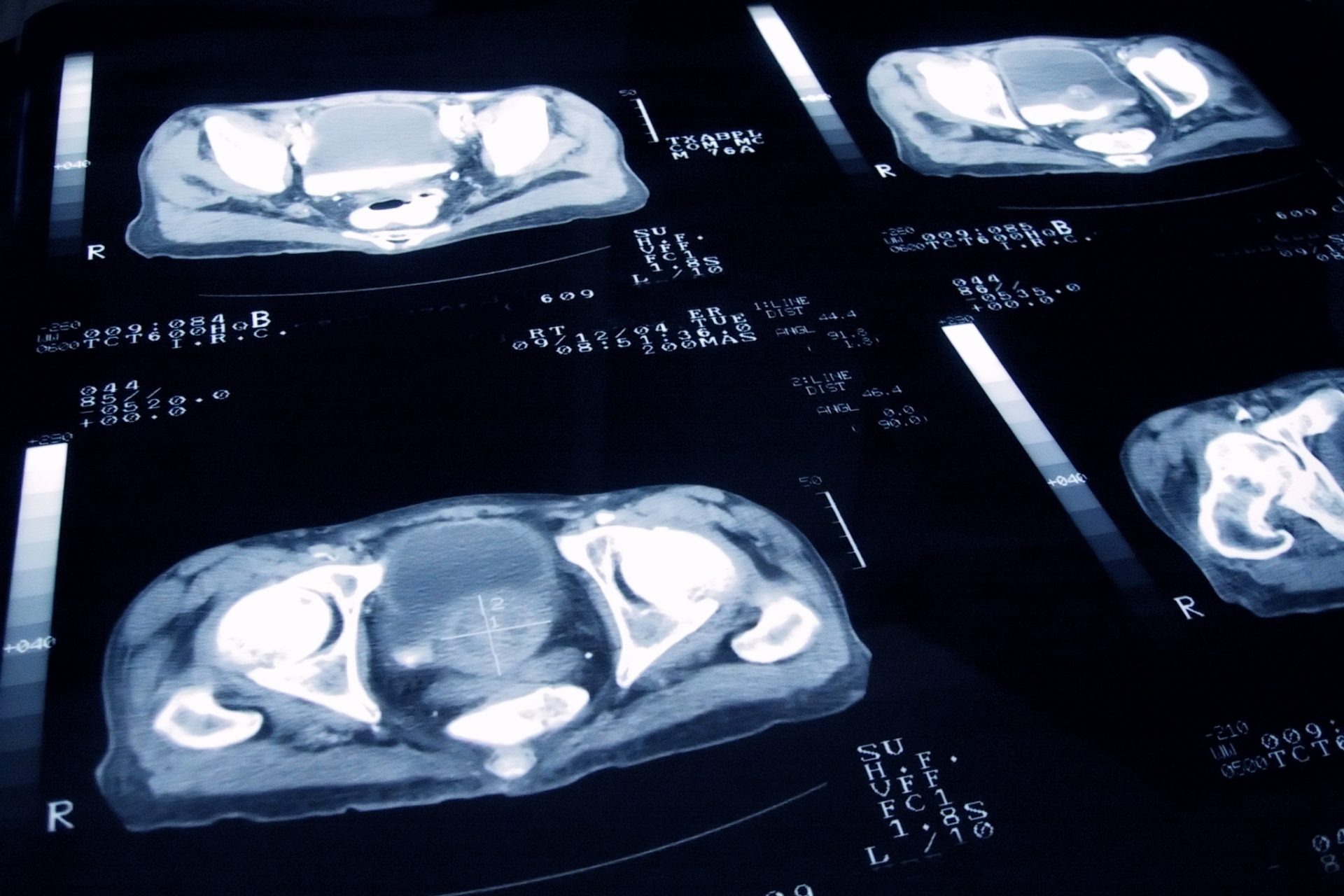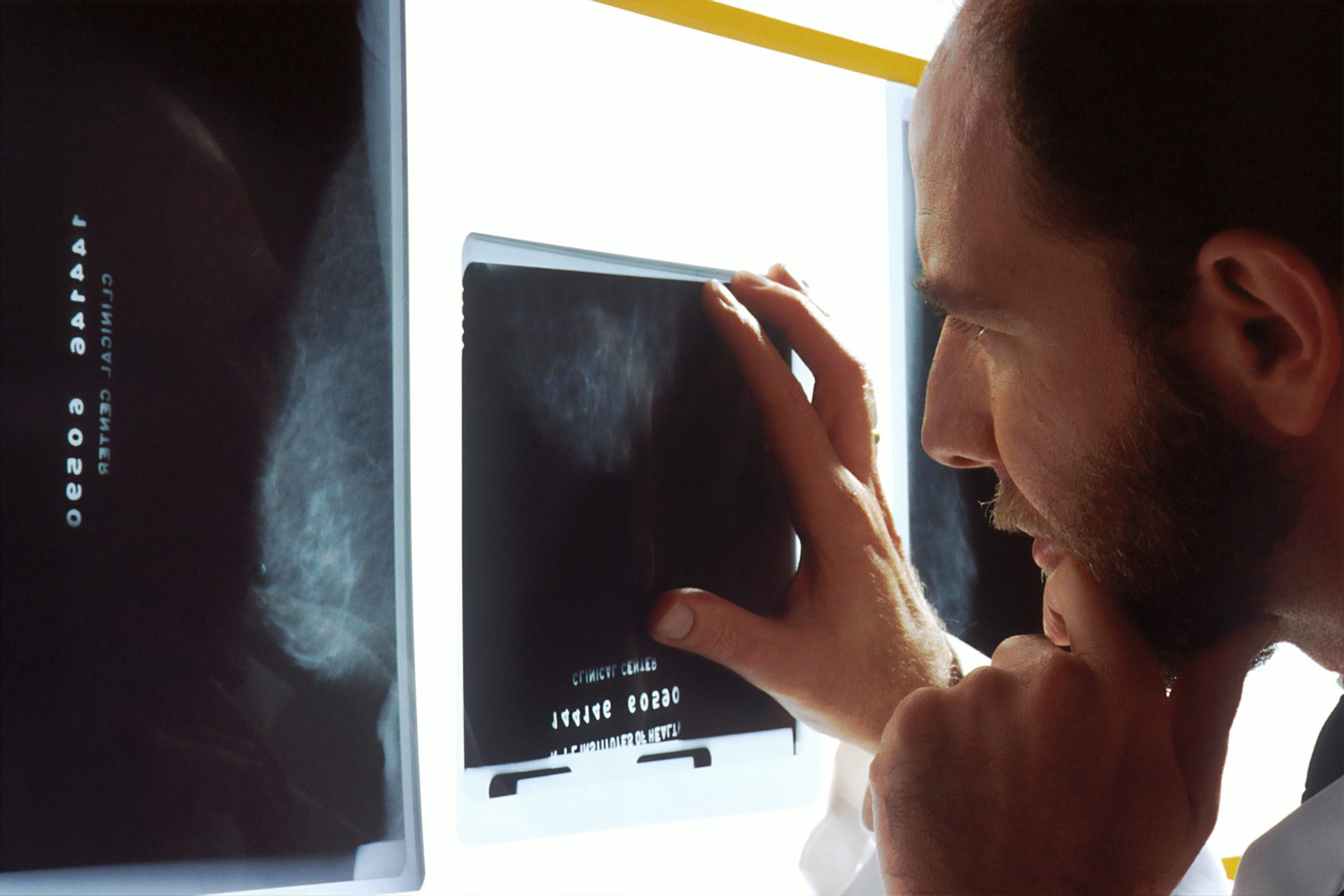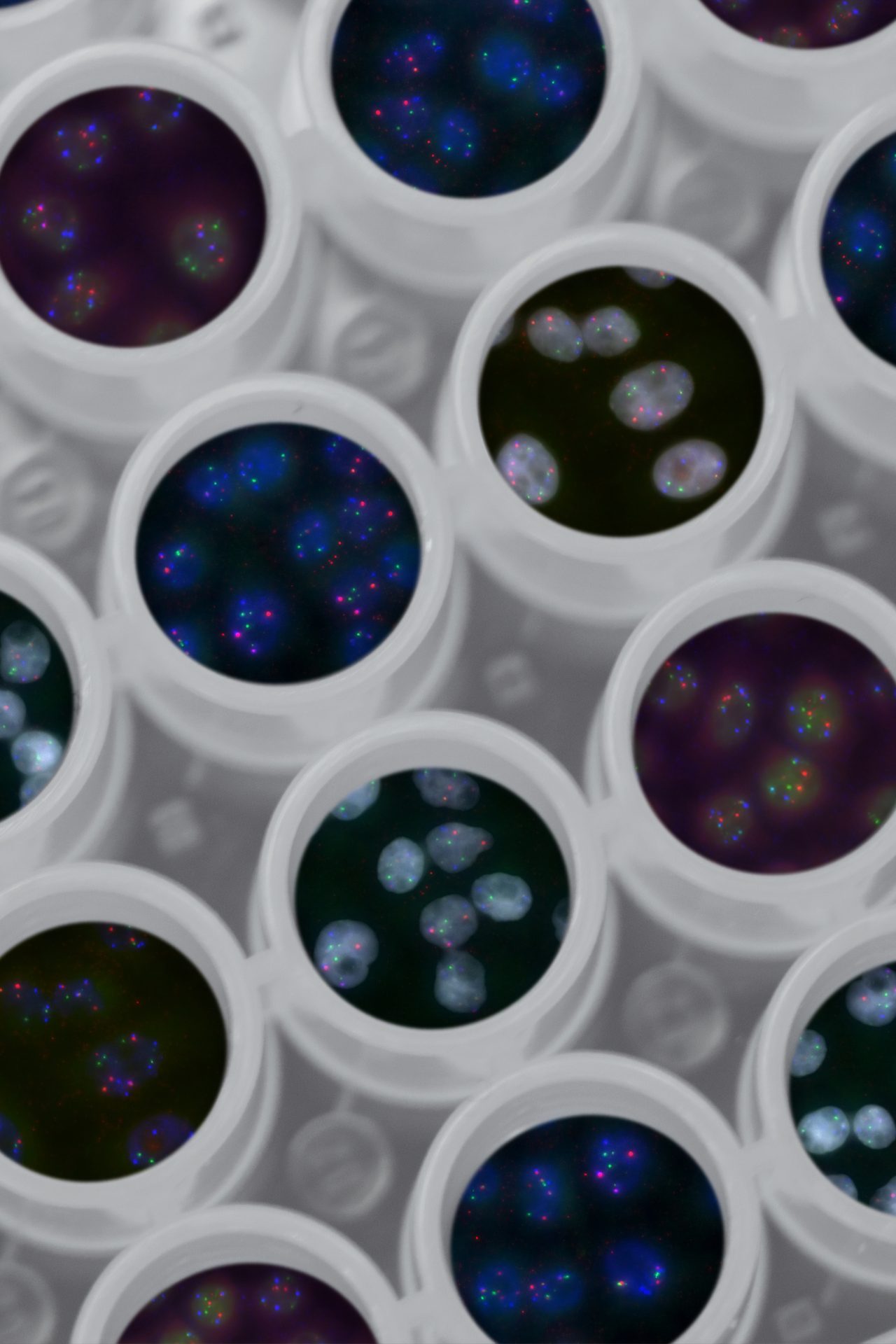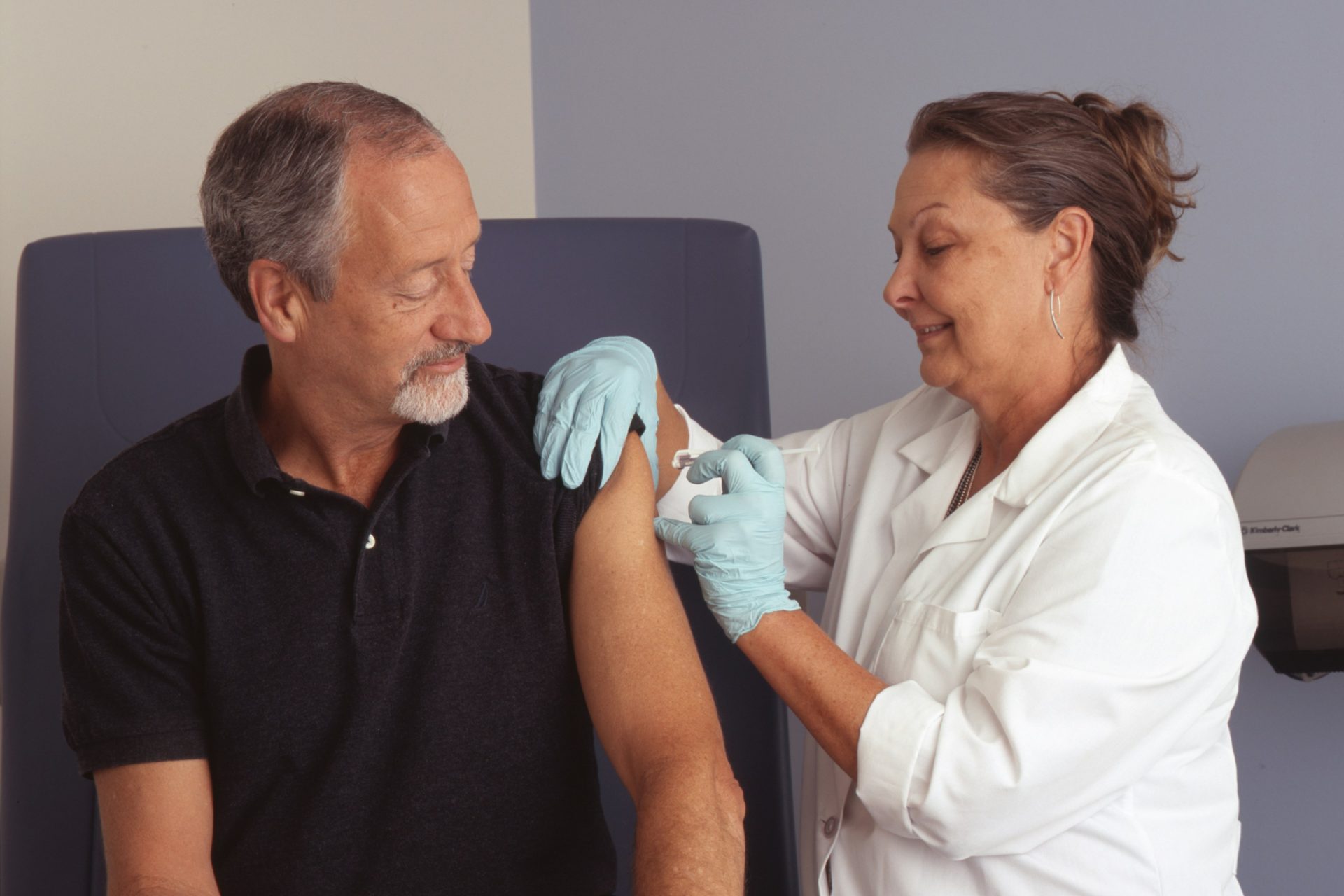Scientists warn the number of cases of this cancer will double by 2040
Prostate cancer is the most common cancer among men around the world. According to the American Cancer Society, in 2023, an estimated 288,300 men in the United States will be diagnosed with prostate cancer.
Worldwide, an estimated 1,414,259 people were diagnosed with prostate cancer in 2020. It is the fourth most commonly diagnosed cancer in the world. And now the results of an international study indicate even more alarming conditions.
The number of prostate cancer cases is expected to double within the next 20 years. "Our results suggest that the number of new cases per year will rise from 1.4 million in 2020 to 2.9 million in 2040," say the scientists of the study which was published by The Lancelet
Photo: National Cancer Institute ; Unsplash
Scientists believe that one of the main reasons for the sharp increase is the demographic changes that will occur in the coming years. Increasing age is one of the biggest risk factors for the disease - and people's life expectancy is constantly increasing.
Increasing age is by far the greatest risk factor: while the probability for a 35-year-old man to develop a malignant tumor of the prostate in the next ten years is just 0.1 percent, the risk for a 75-year-old rises to almost five percent.
It is impossible to predict prostate cancer. However, medical experts know of factors that statistically increase the risk of developing the disease.
While dark-skinned men, especially those of African-American origin, are more likely to develop prostate cancer than men with light skin, men from Greece or Asia are, according to previous studies, rarely affected.
The global distribution of prostate cancer shows that men in Asia and southern Europe are least likely to develop the disease. This is most likely due to eating habits: Asian food contains a lot of fiber and few unhealthy fats. In the USA and northern Europe, the opposite is true. It is therefore assumed that diet could also be a relevant risk factor for the development of prostate cancer.
While a high consumption of meat and processed meat products increases the risk of disease, a reduction in risk is reported for the consumption of cooked or pureed tomatoes (protective ingredient: lycopene) and soy products (protective ingredient: phytoestrogen).
The extent to which lifestyle factors play a role has not yet been conclusively clarified. What is certain, however, is that according to scientists, the increase is almost unstoppable - especially because it is primarily hereditary factors that are responsible for the disease.
Image: National Cancer Institute, unsplash
Another problem is that prostate cancer is often diagnosed too late.
However, doctors strongly recommend taking preventive measures - especially because early detection offers a good chance of recovery.
Photo: National Cancer Institute; Unsplash
Although the chances of recovery are good, "Prostate Help Germany" reports that many continue to avoid early detection: only 12% of German men go for preventive care, according to the organization.
There is currently no specific approach to preventing prostate cancer. However, experts recommend that men take general cancer prevention measures. This includes maintaining a healthy body weight, physical activity, low alcohol consumption and a balanced diet.
However, according to "Prostate Help Germany", the best prevention is not to wait until symptoms appear. The misconception that prostate cancer always causes symptoms causes great damage. According to a study, 86 percent of the public associate prostate cancer with symptoms - and only one percent knows that prostate cancer can also occur without symptoms.
Follow us and get access to great exclusive content every day
More for you
Top Stories






























